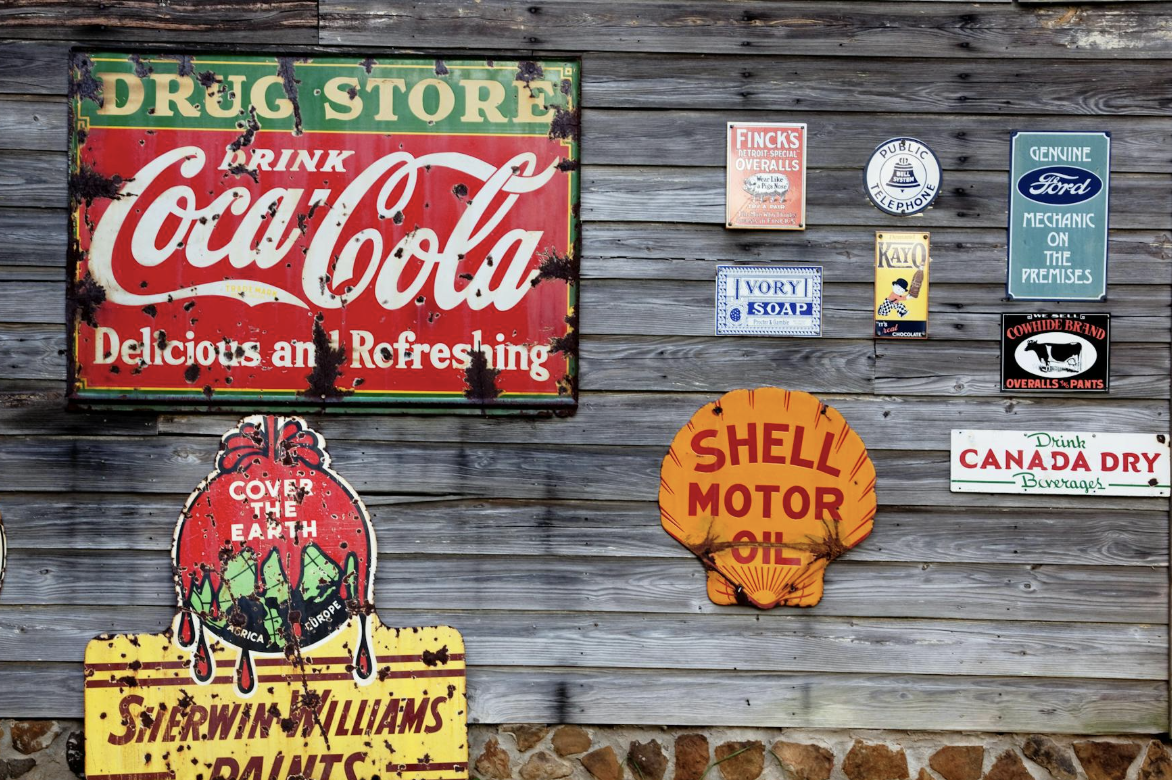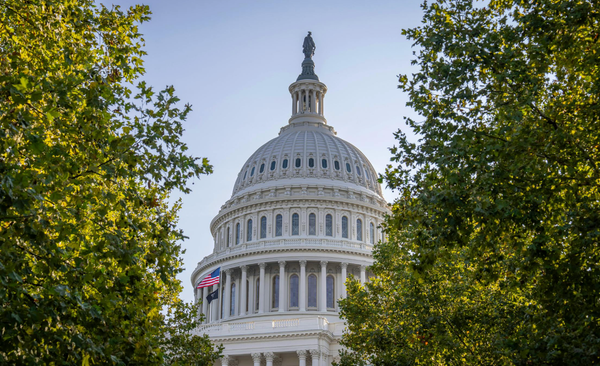Advertising and the art of Freedom Machine Propaganda

Whenever I watch movies over my streaming app that is riddled with video ads every forty minutes, I take note of the adjustments made to images and copywriting. Car manufacturers ranging from domestic automakers like Jeep and Hyundai either emphasize how patriotic the car's history is or how many American jobs that it fuels. Jeep even describes their car as the "original freedom machine," with clips of the vehicle "born in battle" or something to that effect. Most people won't be driving a car like this into an active hot war, but the intent to evoke that feeling is very clear.
It's not subtle that the product isn't the only thing being advertised to us: we are being sold a vision for America in its currently exclusionary, militaristic incarnation. I'm not buying, but I'm being told to buy it and invite it into my home like some sort of white nationalist vampire.
This commercial bent of ethnonationalism deserves our critical attention. It's certainly been on the minds of Black activists, who organized a boycott of Target after the retailer pulled DEI initiatives and minority vendor support. They know all too well how easily American corporations, in parallel to the white and male corporate leadership body of this country, will refuse to relinquish power. They rendered inoperable the most symbolic, compliant aspects of DEI, which largely filled corporate boardrooms with more minority C-suite suits and set up a few scholarships and fellowships. As Trump took power, his cabinet of corrupt cronies swept through government and cut out anything that served minorities in research, resources and services. We now stand at the precipice of devastating medical care cuts so that corporations can receive even larger tax benefits to sell us gadgets, cars and goods for a distinctly Trumpian defined vision of freedom.
The Corporate ethnonationalism of contemporary America blends the shiny exterior of marketing with the relentless pursuit of oppression by the state. This advertising also suggests that corporations can and will acquiesce to the pressure to pursue dissidents, political adversaries and immigrants. Think of it this way: if the Jeep wants to make itself known as a "freedom machine" associated with wartime, who is on the other side of that war? Who are Jeep owners battling? No doubt there are lucrative contracts with ICE, CBP and law enforcement up for grabs for any company lacking the scruples to cash in.
Whatever other corporations decide to follow suit in building patriotic products and services, the floodgates for this sort of appeal has been breached. Because Trump has made it known that he's a president that loves television, advertising and the performance value of advertisements, it's not a stretch to assume that firms will be buying ad packages with his administration in mind and his supporters in mind.
What will "freedom machines" look like in big data, computing, digital services and other sectors? This is not a comforting idea to consider in the least, but they're ideas that many boardrooms are formulating day by day. The government redefines what battles they wish to fight and all that America's vaunted private sector will do in reply is inquire about the price tag. No wonder Elon Musk's been such a prominent figure in both the Trump and corporate worlds. He's a cog in the freedom machine.



